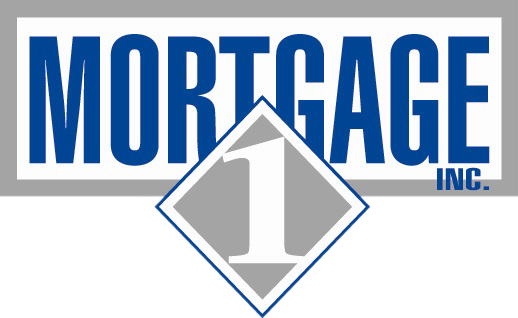
As Mortgage Rates Rise, What Will Housing Prices Do?
August 11, 2022
Are You a Michigan Homeowner Struggling with Financial Woes? Help Is Available.
August 29, 2022Your credit score can impact your monthly mortgage payments — and even whether you get accepted for a loan. So how can you improve your credit score before you go mortgage shopping?
A good credit score opens doors in the mortgage industry. It can help you secure the best interest rate, which in turn can lower your monthly payments. In other words, maximizing your credit score gives you more buying power. So how can you make that happen?
| Not sure if you’re ready for a home mortgage? Mortgage 1 loan officers can help you figure out your finances and determine what kinds of home loans will meet your needs and your budget. Call us at 1-866-532-0550 or use our Pro SNAP digital app to learn about your options! |
The What and Why of a Credit Score
Your credit score is one way lenders try to determine how trustworthy you are financially – and how likely you are to miss a payment or even default on a loan. If you have a low credit score, you’re more likely to be charged a higher mortgage interest rate, be approved for a lower amount, or be denied altogether.
What’s a good credit score? For your FICO credit score, anything under 579 is poor, 580-669 is fair, 670-739 is good, 740-799 is very good, and anything over 800 is excellent. Most mortgage lenders require a good credit score as a minimum requirement; higher is always better.
You build your credit score by having credit cards and/or loans in your name (or as an authorized user or a co-signer on someone else’s account). Also, making monthly rent and utilities payments can help you demonstrate financial trustworthiness and add to your credit score.
While your income isn’t calculated into your credit score, it can affect it indirectly. For example, it can affect your debt-to-income (DTI) ratio, whether you get approved for loans, or the interest rates your offered.
How to Improve Your Credit Score
Your credit score depends on your credit age (how long you’ve had a credit history), mix (the types of credit accounts you have, e.g. auto loan, student loan, credit cards, etc.), the total amount you owe, and your credit utilization. A credit utilization rate reflects how much you owe compared to your credit limits; a debt-to-limit ratio of around 30% is best.
If you need to improve your credit score, start with these steps:
- Pull your score and credit reports. Every year, it’s a good idea to get free copies of your credit score and credit report information from the three major bureaus. See this USA.gov page for more information on how to check your credit report.
- Fix errors and incorrect information. If you see any errors on any of your credit reports, contact the credit bureau issuing that report and have them correct the information.
- Pay down debt. Not all debt is inherently bad, but having a lot of revolving debt (like credit cards) makes you less appealing to lenders. Pay off as much as you can, and consider asking for higher credit limits. Higher limits will improve your credit utilization – as long as you don’t increase your balance to match.
- Don’t miss payments. Even a few missed payments can bring down an otherwise excellent record. Make sure all accounts are current, and pay up any past-due accounts stat.
- Don’t apply for too many loans, credit cards, etc. at once. These generate hard credit inquiries, which show up on your credit report and can make you look a bit desperate.
You don’t necessarily need to close old accounts, such as credit cards that you’ve paid off and don’t use much (or at all). These can actually give you a longer credit history and a bit more wiggle room on your credit utilization rate.
Get Help Improving Your Credit Score
If you want some help navigating all this, talk to your local Mortgage 1 loan officer today. They are experienced professionals, and they’ve dealt with all kinds of credit and financial situations. They can help you improve your credit score quickly and find the right home loan for your needs.





